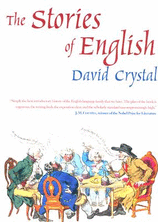
One novel on the list:
The Good Soldier by Ford Madox FordRead about the other nine unconsummated passions on the Guardian's list.
Another that ends in suicide. Edward Ashburnham, the "good soldier" of the title, is a beautifully mannered serial adulterer. His inclinations catch up with him, however, when he falls for the teenage Nancy, who is his ward. This girl is unattainable, so she gets sent to India and he gets the shotgun out of its case.
The Good Soldier also appears on the list of 10 great novels with terrible original titles and Most important books: Mary Gordon.
Read Ford Madox Ford and the page 99 test.
--Marshal Zeringue



































